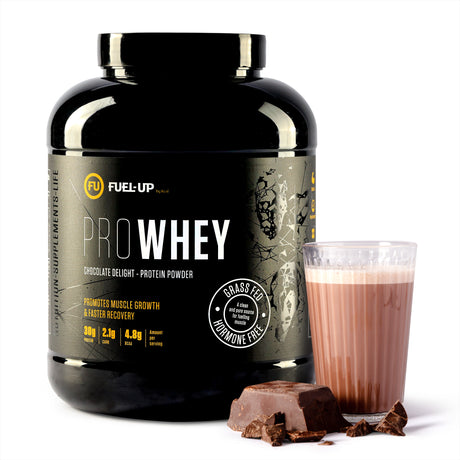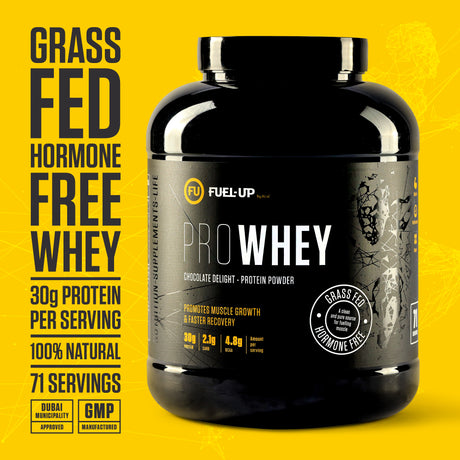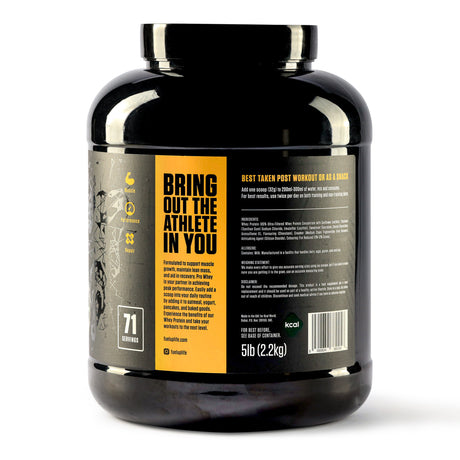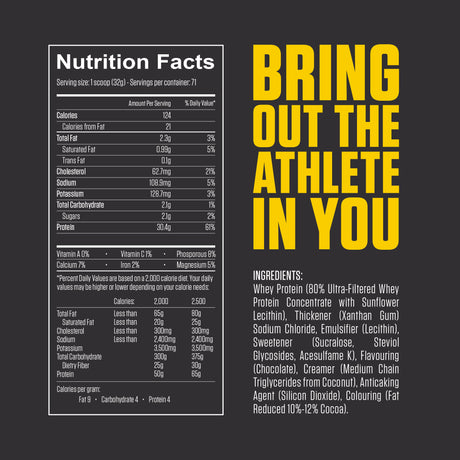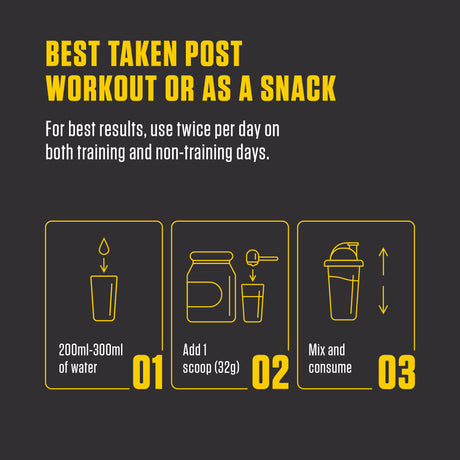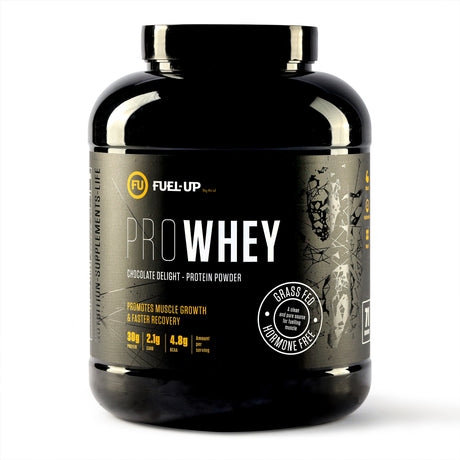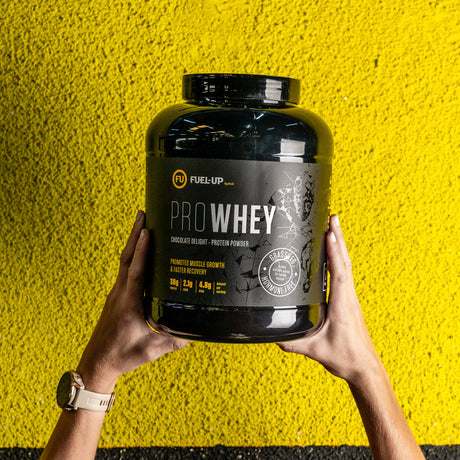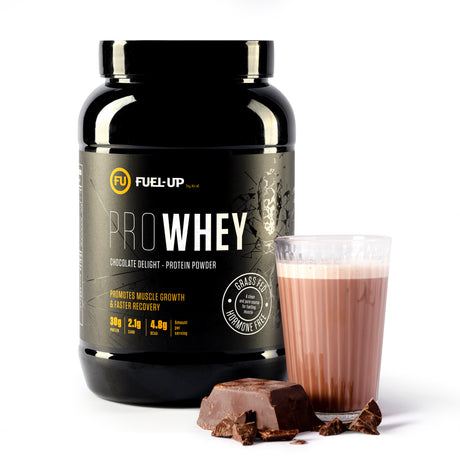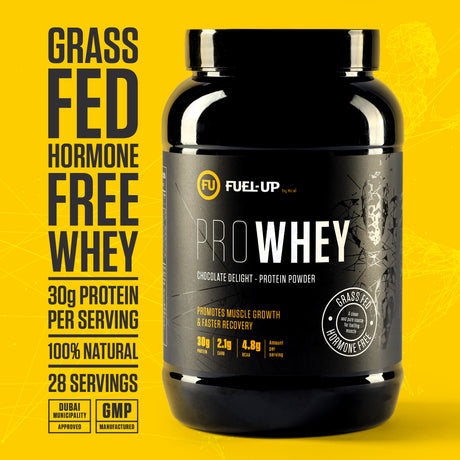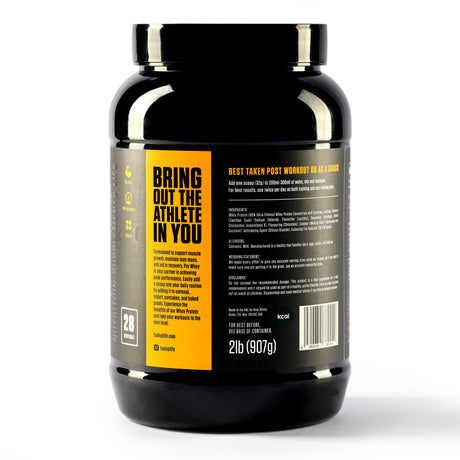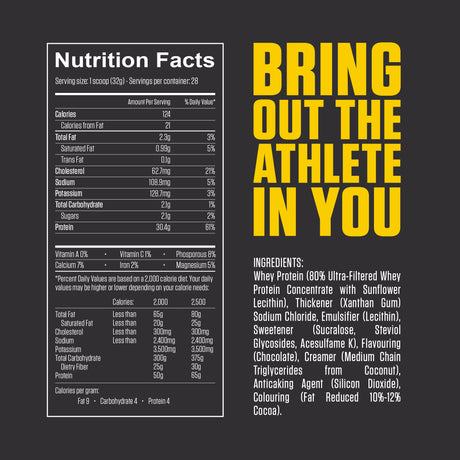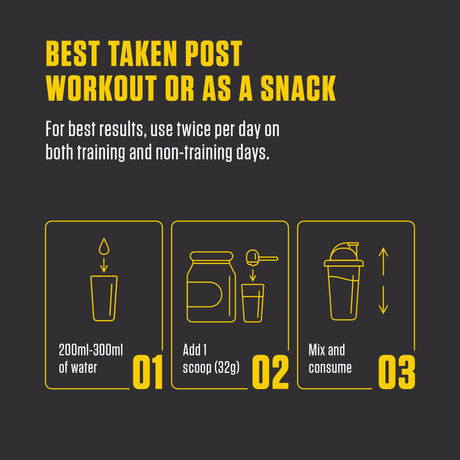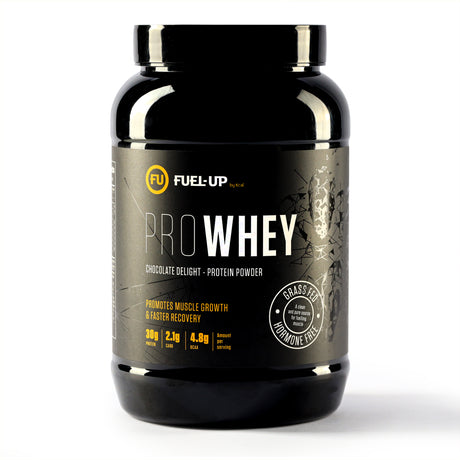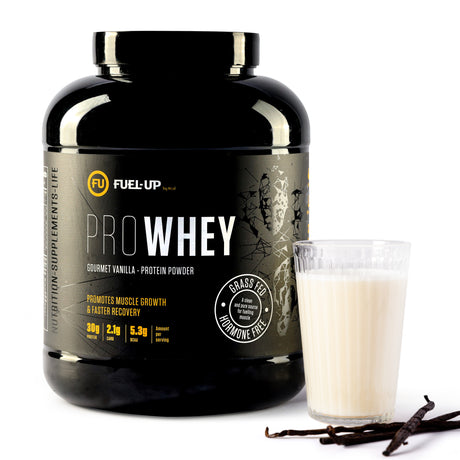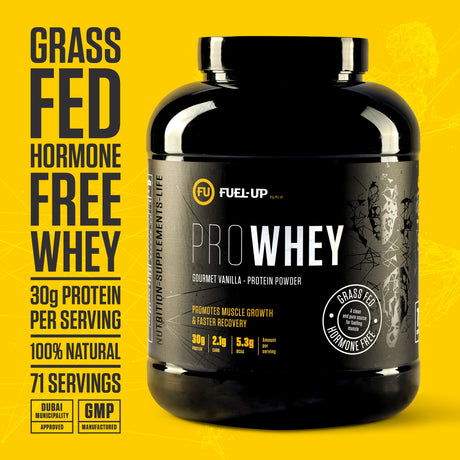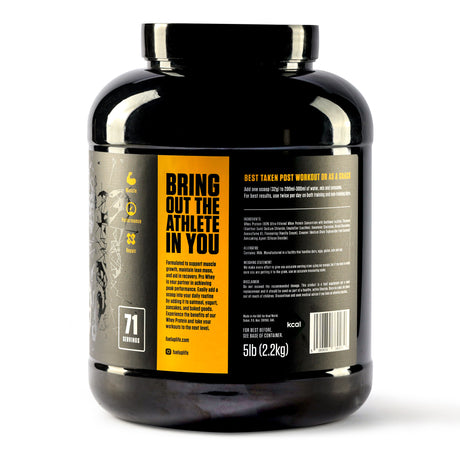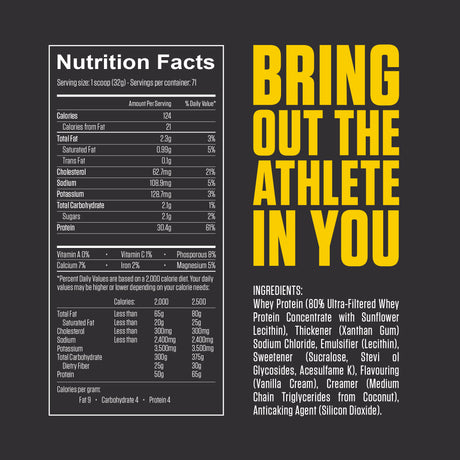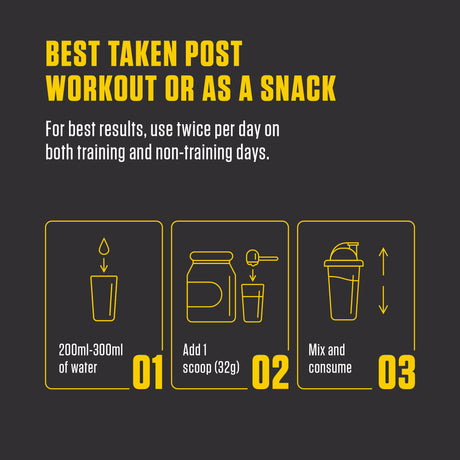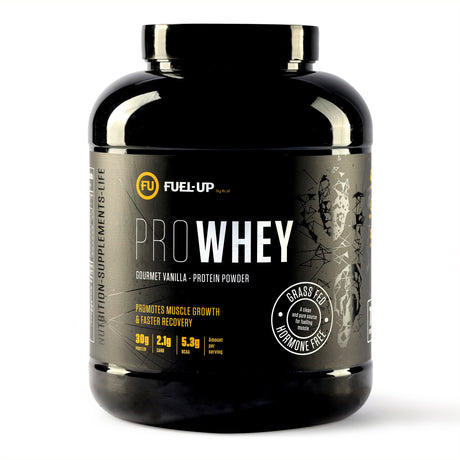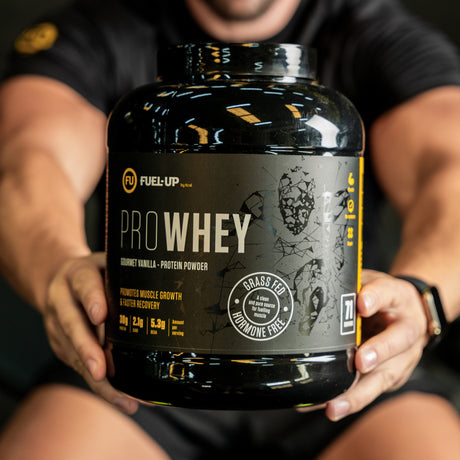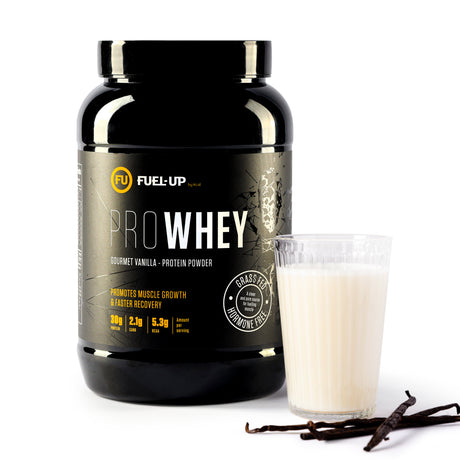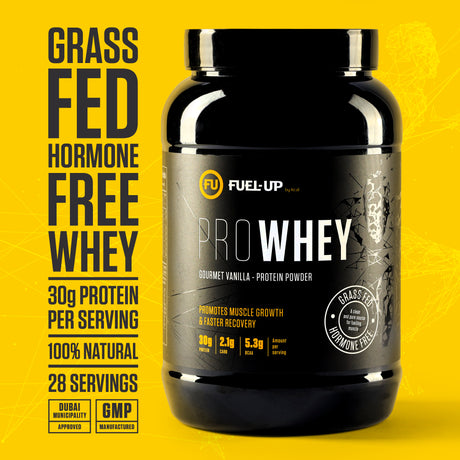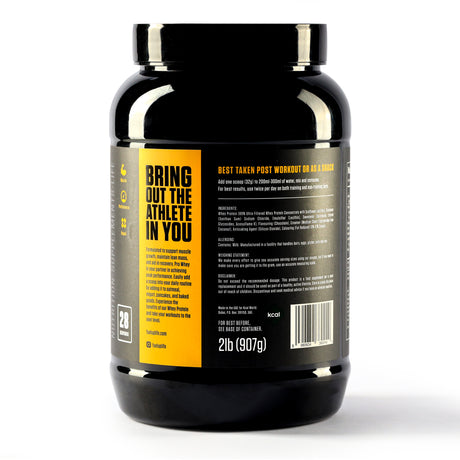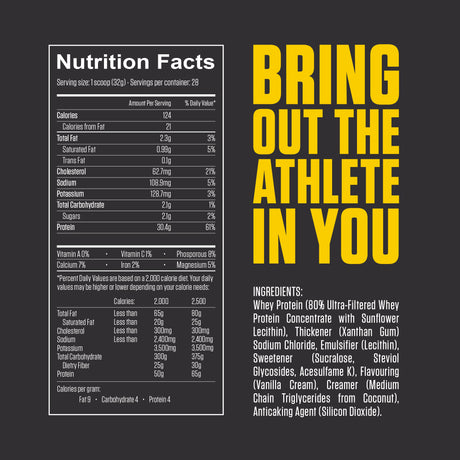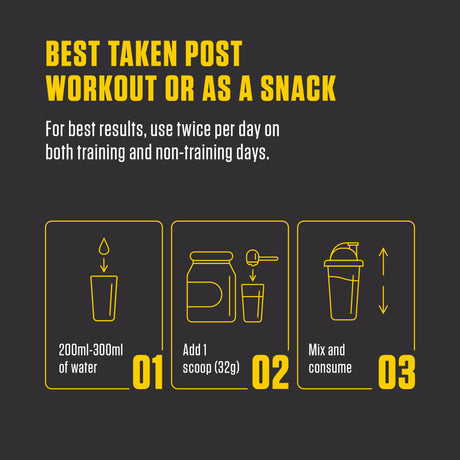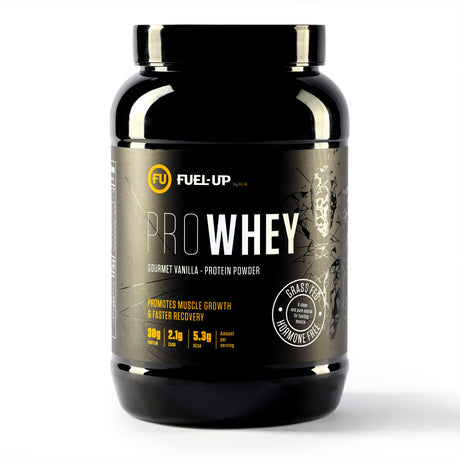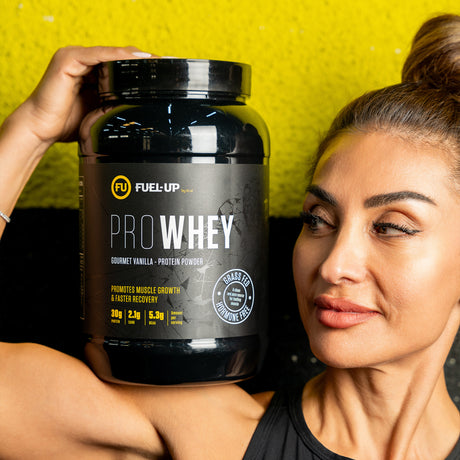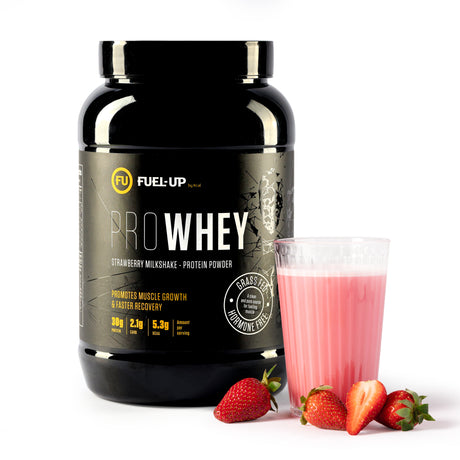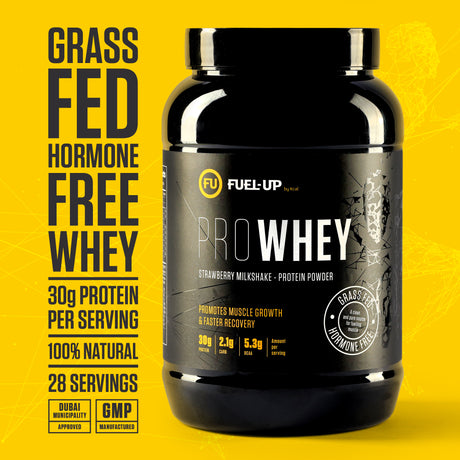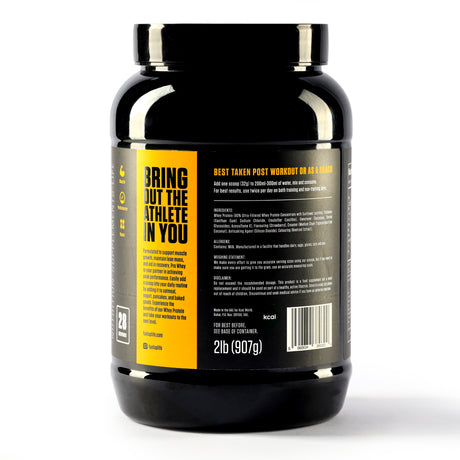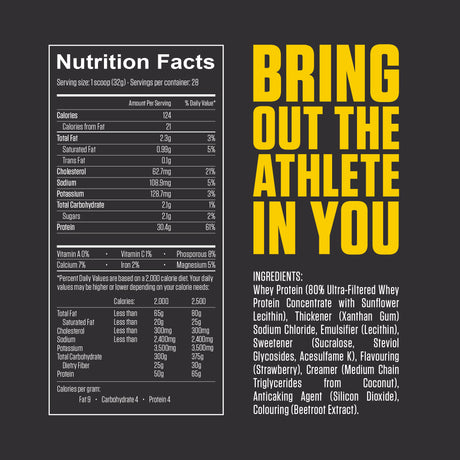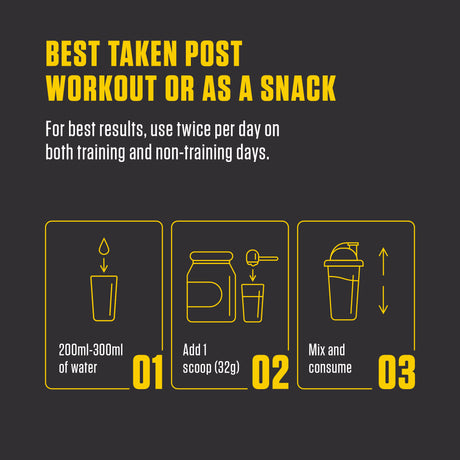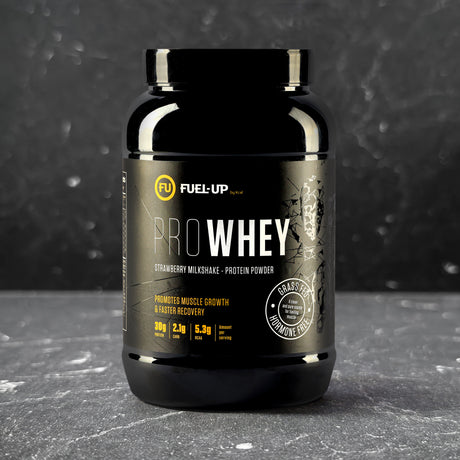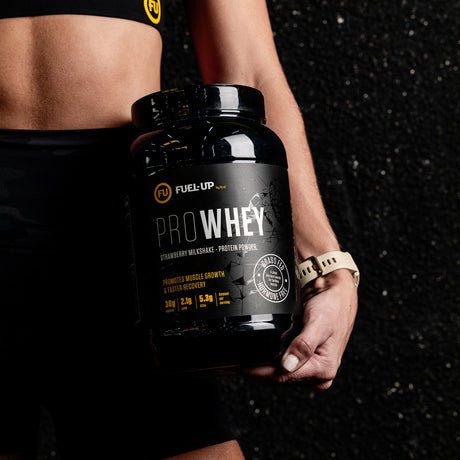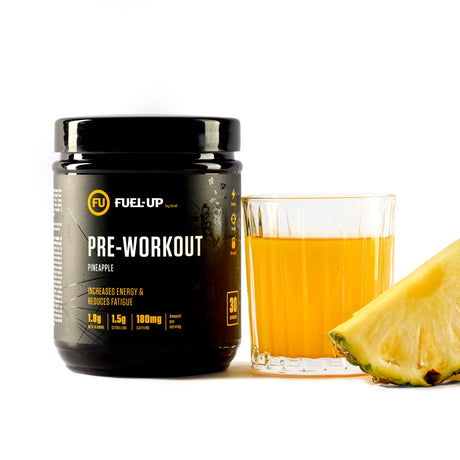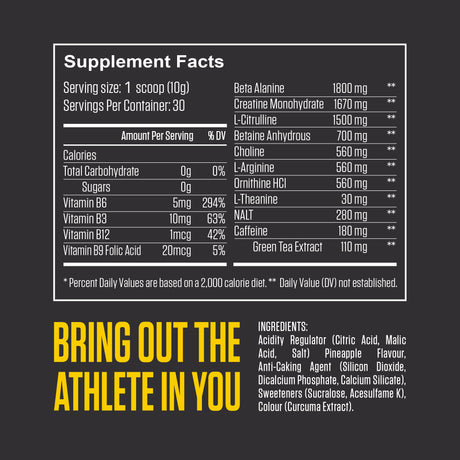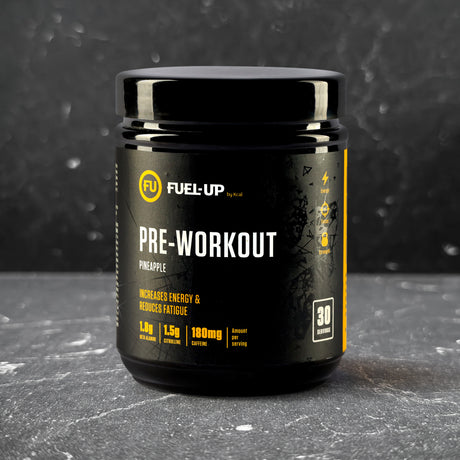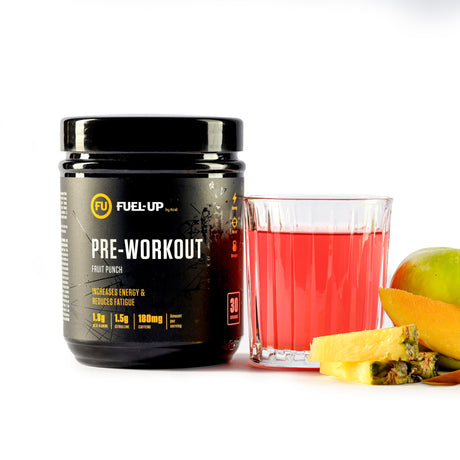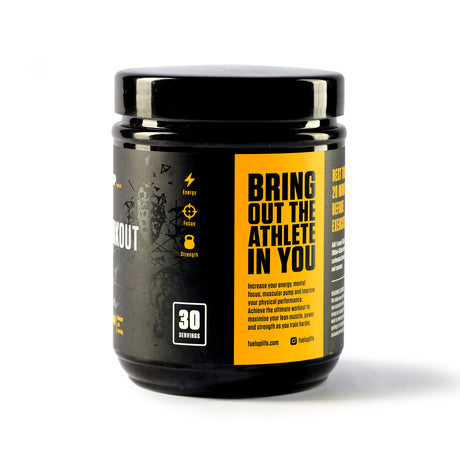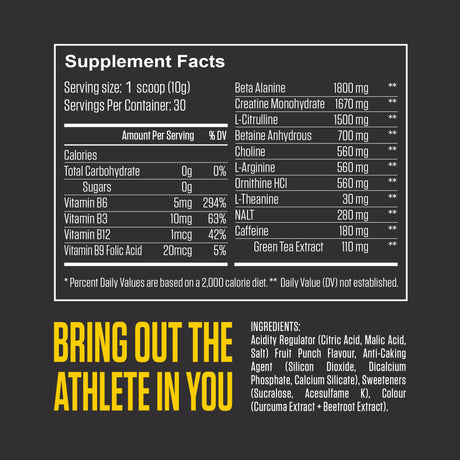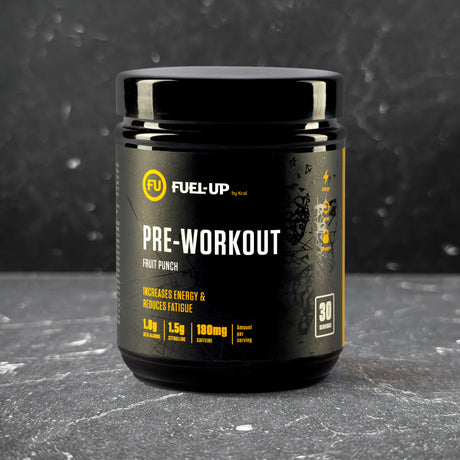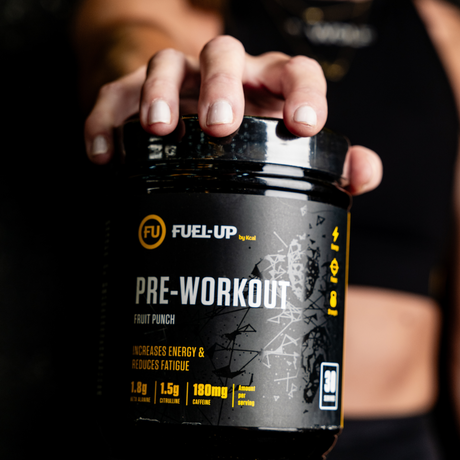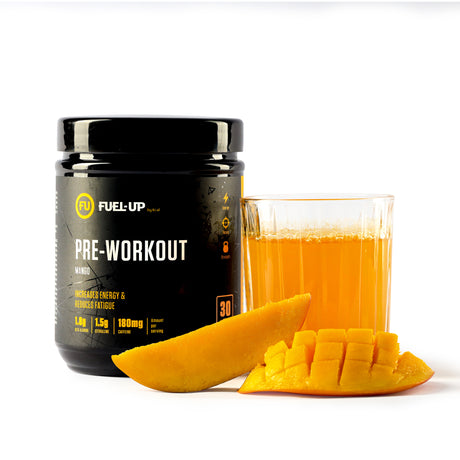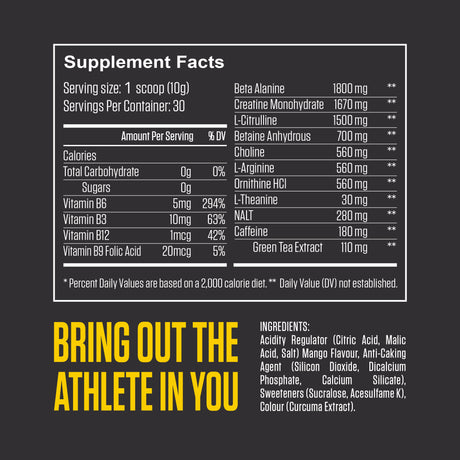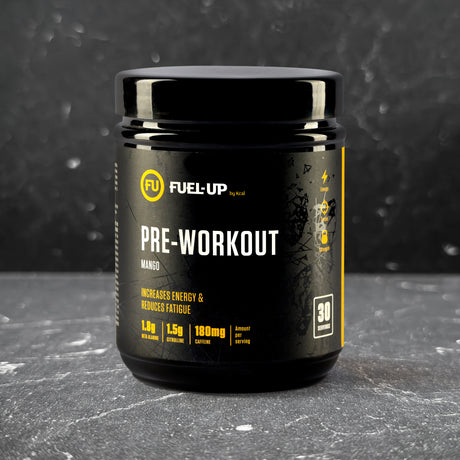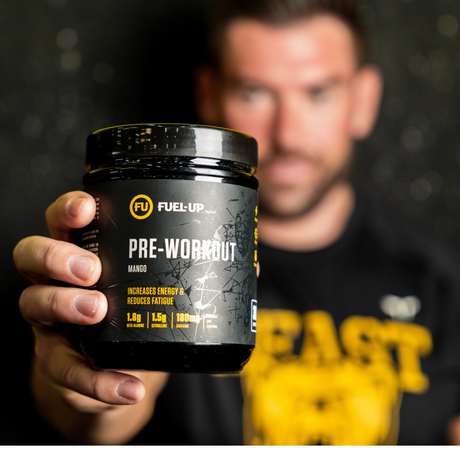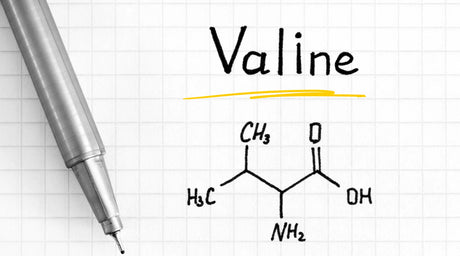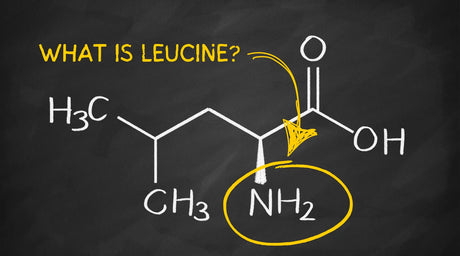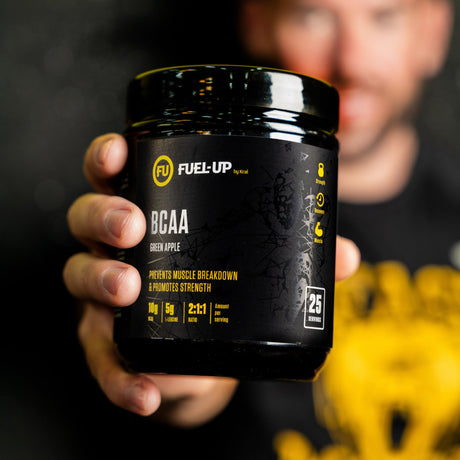Isoleucine is one of the three branched-chain amino acids (BCAAs), along with leucine and valine, and one of the nine essential amino acids, meaning it must be obtained through diet or supplements. It plays a critical role in muscle metabolism, energy production and overall muscle recovery.
Key Roles of Isoleucine:
Supports Muscle Recovery
Isoleucine helps in repairing muscle tissue after exercise. Although leucine is more directly involved in stimulating muscle protein synthesis, isoleucine supports the recovery process by supplying necessary nutrients to the muscles.
Regulates Blood Sugar Levels
Isoleucine helps with glucose metabolism by enhancing the uptake and utilisation of glucose by muscle cells, which aids in maintaining stable blood sugar levels. This makes it useful for providing energy during exercise and preventing fatigue.
Energy Production
Isoleucine can be broken down by the body for energy, particularly during prolonged exercise or when glycogen stores are low. By acting as an alternative fuel source, it helps to preserve muscle tissue and maintain performance.
Boosts Endurance
By improving glucose uptake and providing a direct energy source for muscles, isoleucine helps enhance endurance during prolonged physical activity. This can delay fatigue and improve overall workout performance.
Immune Support
Isoleucine also has roles in immune function and the production of haemoglobin, the protein responsible for carrying oxygen in red blood cells. This supports overall bodily functions, especially under physical stress.
Dietary Sources of Isoleucine:
Like leucine, isoleucine is found in protein-rich foods, such as:
- Meat, poultry, and fish
- Eggs
- Dairy products
- Soybeans and other legumes
- Nuts and seeds
Role in BCAA Supplements:
Isoleucine is commonly included in BCAA supplements, as its functions complement the other two BCAAs (leucine and valine) in promoting muscle recovery, maintaining energy levels, and preventing muscle breakdown during and after exercise.
Isoleucine is found in many protein-rich foods, particularly in both animal and plant-based sources. Here are some specific foods that are rich in isoleucine:
1. Animal-Based Sources
- Chicken: A great source of protein, including all essential amino acids.
- Turkey: Similar to chicken, turkey is high in isoleucine.
- Beef: Red meats like beef provide a significant amount of isoleucine.
- Pork: Another protein-rich meat containing high levels of isoleucine.
- Fish: Fatty fish like salmon, tuna, and cod are excellent sources of isoleucine.
- Eggs: Both the whites and yolk of eggs contain isoleucine, making them a complete protein.
- Dairy: Products like milk, cheese, and yogurt are rich in isoleucine and other BCAAs.
2. Plant-Based Sources
- Soy Products: Foods like tofu, tempeh, and edamame are high in isoleucine.
- Lentils: A great source of plant-based protein, lentils provide all essential amino acids, including isoleucine.
- Chickpeas: These legumes are a good source of isoleucine and can be easily added to many dishes.
- Beans: Black beans, kidney beans, and pinto beans are rich in isoleucine.
- Quinoa: A complete protein source, quinoa contains all nine essential amino acids, including isoleucine.
- Seeds: Pumpkin seeds, sunflower seeds, and chia seeds are excellent plant-based sources of isoleucine.
- Nuts: Almonds, cashews, and peanuts are packed with isoleucine and other BCAAs.
3. Other Sources
- Whey Protein: A popular supplement made from milk, whey protein is high in isoleucine and other BCAAs.
- Spirulina: This algae-based supplement is a rich source of amino acids, including isoleucine.
Including a variety of these foods in your diet can help ensure you get adequate isoleucine, which supports muscle recovery, energy production, and overall protein balance.

